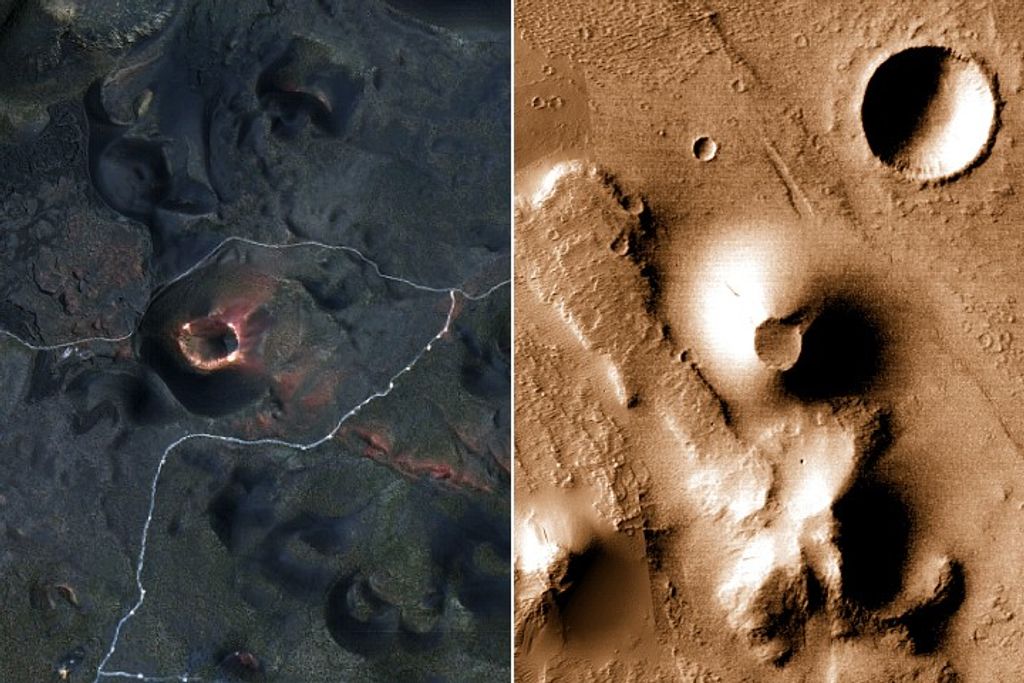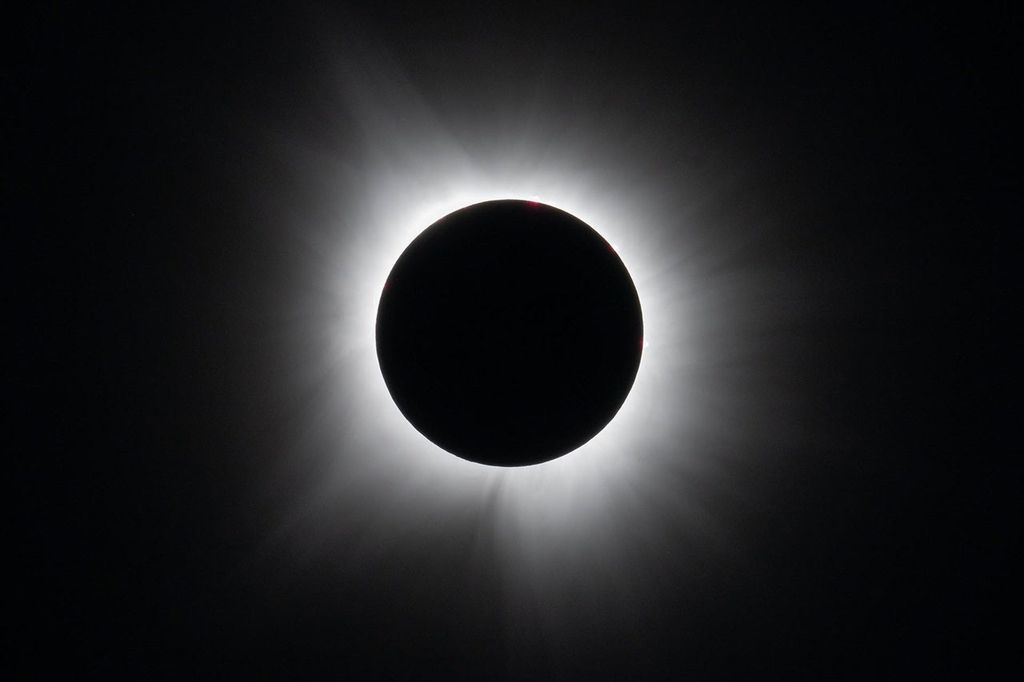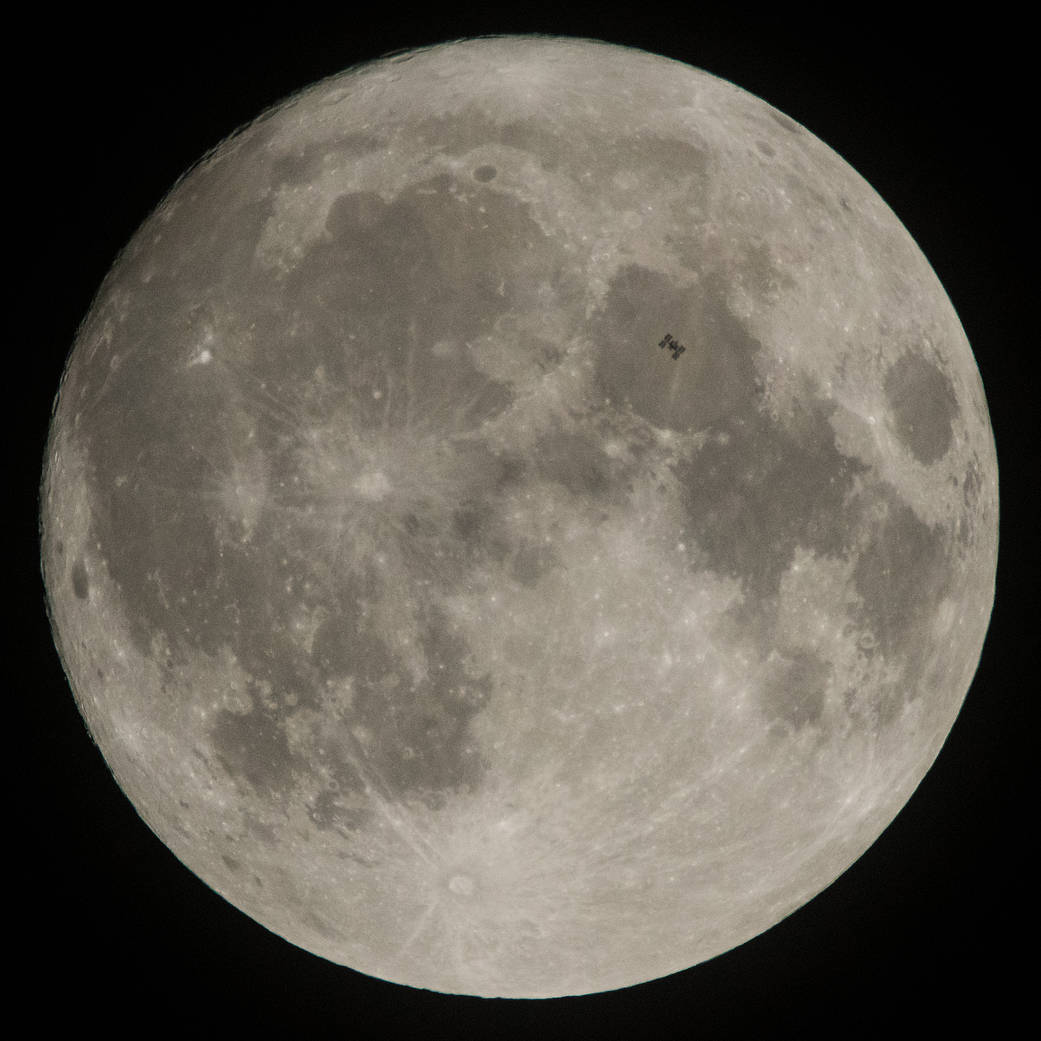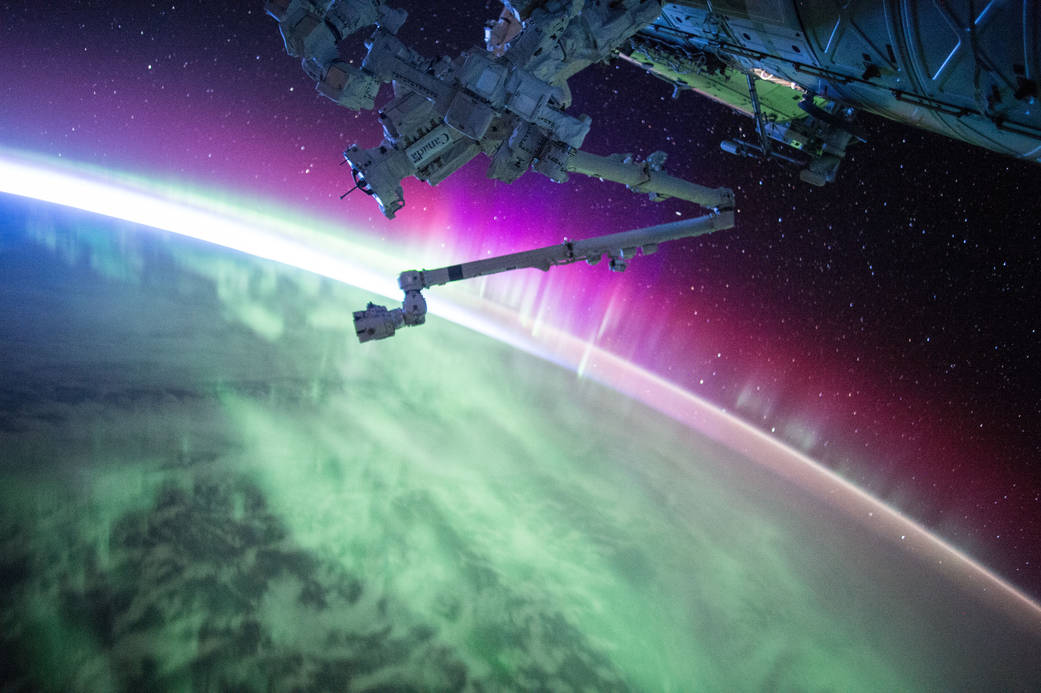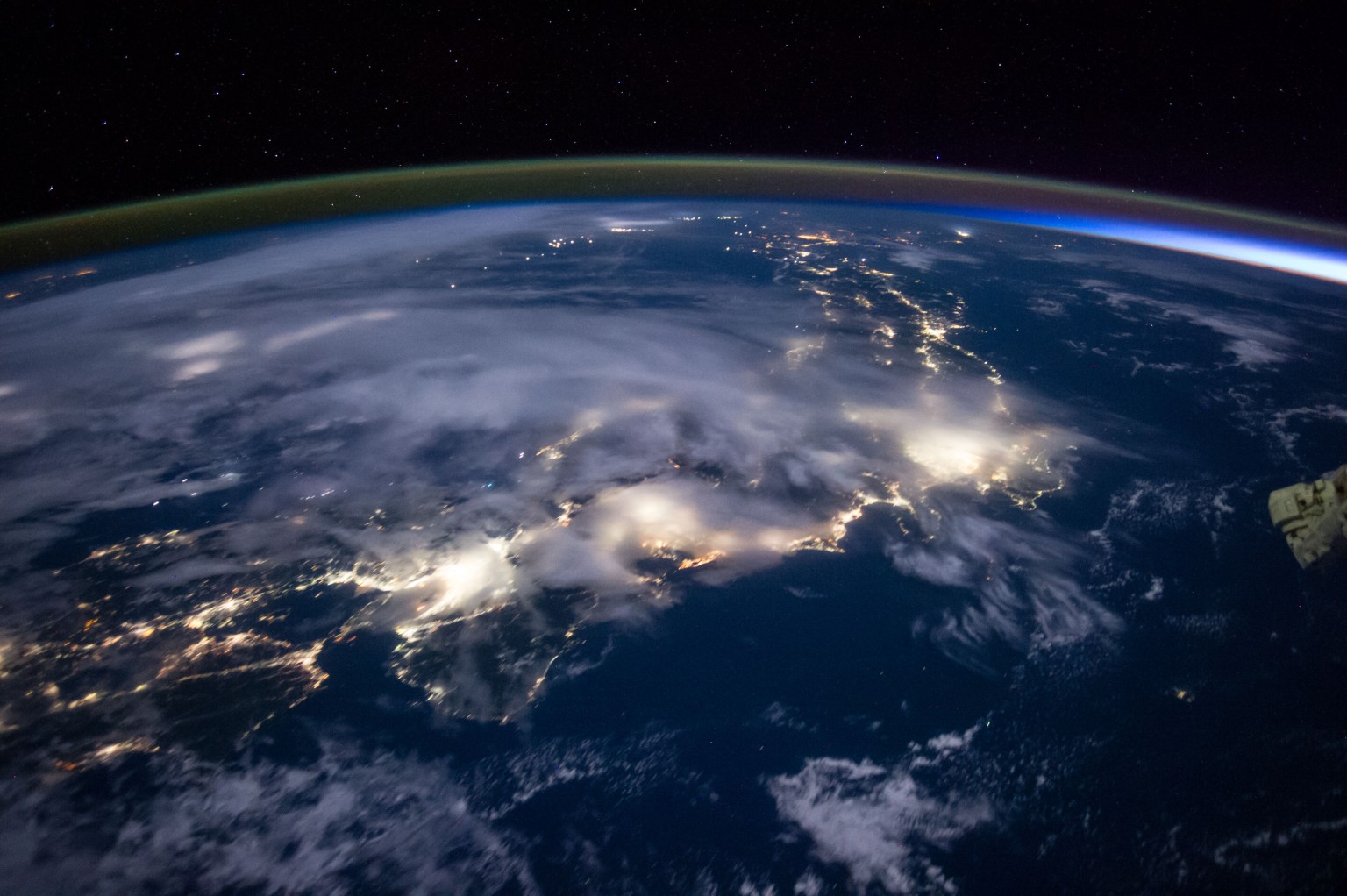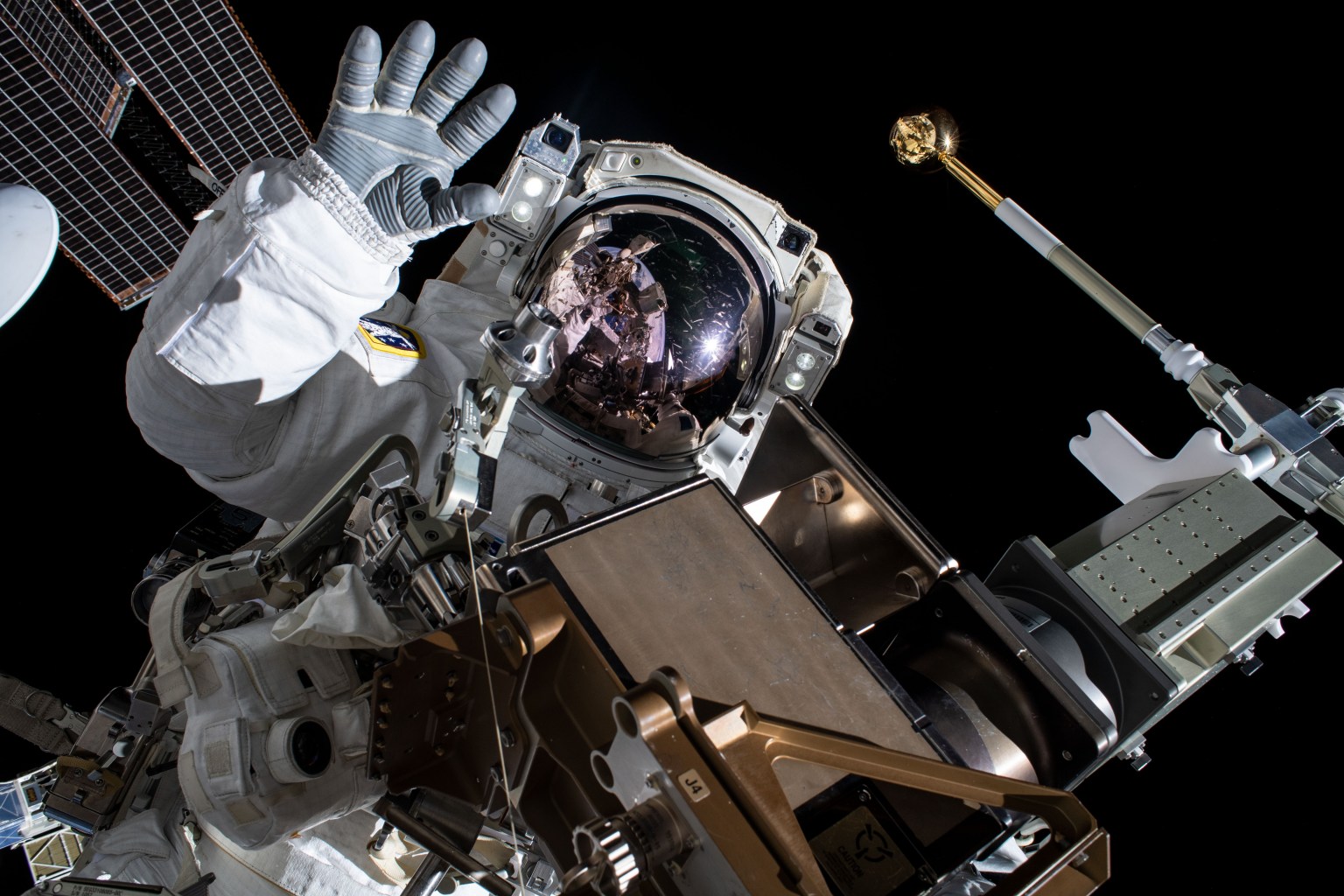NASA is continuing its efforts to foster the development and growth of American industry in space by announcing new opportunities to work with the agency through the Collaborations for Commercial Space Capabilities (CCSC-2) initiative.
This second invitation continues the pursuit of goals set in the U.S. National Space Policy and NASA’s strategic plan that will benefit human spaceflight and the U.S. commercial low-Earth orbit economy by meeting future business and government needs through unfunded Space Act Agreements (SAA).
These SAAs are designed to advance commercial space-related efforts through NASA contributions of technical expertise, assessments, lessons learned, technologies, and data. Structured sharing of NASA expertise demands minimal government resources but fosters development of technologies crucial to development of a robust low-Earth orbit economy.
NASA released an Announcement for Proposals on Nov. 2 for the competitive selection of one or more SAAs. NASA will host a pre-proposal teleconference on Nov. 7 to discuss the competitive selection of one or more SAAs and to address questions from potential partners. Proposals are due at 3 p.m. EST on Dec. 9.
“We are excited to offer another round of Collaborations for Commercial Space Capabilities awards to industry,” said Angela Hart, manager of the Commercial Low-Earth Orbit Program at NASA’s Johnson Space Center. “We feel this is an important route for industry to work with NASA on our goal to ensure the success of a sustainable commercial economy in low-Earth orbit. NASA wants to share our expertise and capabilities to support US company innovations, and we believe these second awards will allow us to continue the successes we have seen from our partners during the first round of Collaborations for Commercial Space Capabilities.”
NASA’s support for a robust low-Earth orbit economy is intended to boost education and job growth in science and engineering, and to spur economic growth through the creation of new space markets. The first announcement for proposals for Collaborations for Commercial Space Capabilities (CCSC) was issued in March 2014 and resulted in selection in December 2014 of four non-reimbursable Space Act Agreements that are set to expire by the end of 2022.
The first CCSC agreements resulted in four collaborations associated with development of commercial launch vehicles, spacecraft, and space suits:
- Northrop Grumman developed its Mission Extension Vehicle (MEV) to reliably and safely rendezvous and dock with a client satellite running low on fuel, taking over its attitude and orbit maintenance. Two of these MEVs have been successfuly fielded for ongoing commercial missions.
- Final Frontier Design matured its space suit designs for high altitude and space flight, and after acquisition by Paragon Space Development Corporation, is supporting NASA’s Extravehicular Activity Services (xEVAS) Contract.
- SpaceX developed its Starship fully reusable transportation system designed to carry both crew and cargo to Earth orbit, the Moon, Mars, and beyond. Starship is currently undergoing flight tests.
- United Launch Alliance developed its new Vulcan Centaur launch vehicle that will replace its Atlas and Delta systems, and provide higher performance and greater affordability. Vulcan Centaur’s initial flight is planned for first quarter 2023.
For decades, NASA has supported a continuous U.S. human presence in low-Earth orbit with astronauts living and working aboard the International Space Station. In 2019, NASA adopted a strategy to help achieve the agency’s goal of a low-Earth orbit marketplace where NASA is one of many customers, and the private sector leads the way. This strategy allows NASA to focus on its Artemis missions to the Moon ahead of human missions to Mars while continuing to use low-Earth orbit as a training and proving ground for deep space exploration.
For media assistance, please contact:
Stephanie Schierholz
202-358-4997
stephanie.schierholz@nasa.gov
Leah Cheshier
281-483-5111
leah.d.cheshier@nasa.gov










